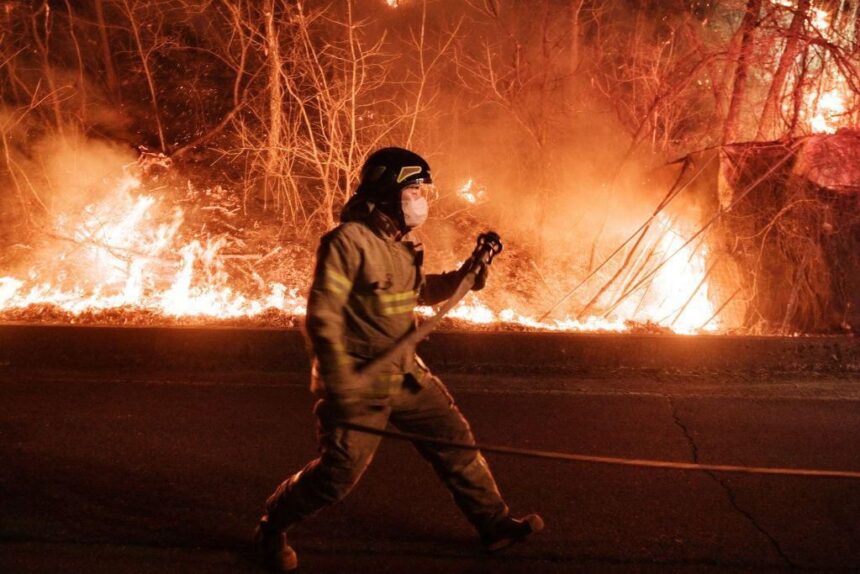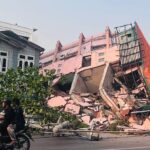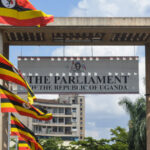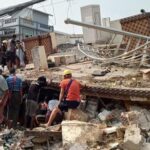Firefighters in South Korea are battling the country’s largest-ever wildfires, which have killed at least 26 people and displaced tens of thousands.
The fires, which began on March 21 in the southeastern region, have destroyed homes, livelihoods, and cultural heritage, including a 1,300-year-old Buddhist temple.
Most of the victims were elderly, in their 60s and 70s, according to local officials. The fast-moving flames have left many residents with little time to escape, and eyewitnesses have described scenes of utter devastation. “The damage in my city is heartbreaking,” one resident told the BBC.
Authorities believe the fires were started by human activities, though strong winds and dry conditions have helped them spread uncontrollably. Firefighters are working around the clock to contain the flames, but the unpredictable weather has made their efforts extremely challenging.
A major concern has been the high winds, which not only fuel the fires but also make aerial firefighting operations dangerous. On Tuesday, a firefighting helicopter crashed while attempting to combat the blazes, highlighting the risks emergency responders face.
Cultural heritage has also been heavily impacted. The blazes have gutted a historic Buddhist temple in Uiseong city, which had stood for over a millennium. Other ancient sites are under threat, raising fears of irreversible losses to South Korea’s history and identity.
The South Korean government has deployed thousands of firefighters and emergency personnel to tackle the disaster. Evacuation centers have been set up for those forced from their homes, but many fear they have lost everything.
Meanwhile, meteorologists are closely watching the weather for any potential relief. A cold front moving through the region is expected to bring some rain and lower temperatures, which could help slow the spread of the fires. However, forecasters warn that rainfall will be patchy, and some areas may receive little to no relief.
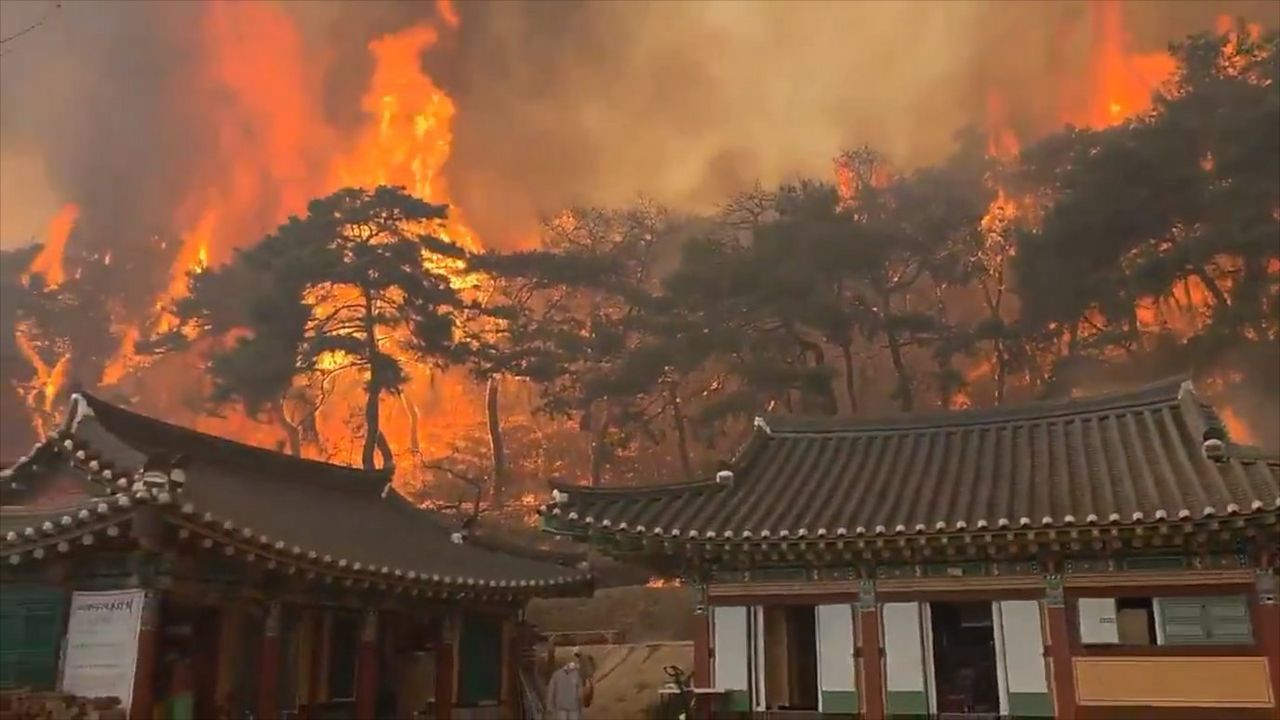
Experts say the fires highlight the growing risk of extreme weather events, as South Korea has experienced an unusually warm and dry spring. Climate change is believed to be contributing to these conditions, making wildfires more frequent and severe.
President Yoon Suk-yeol has called for a nationwide emergency response and pledged support for those affected. “We will spare no resources in fighting these fires and helping our citizens recover,” he said in a statement.
As firefighters continue their battle against the flames, many residents are left wondering how long it will take for their communities to rebuild. “It’s not just our homes that are gone,” said one survivor. “It’s our history, our memories, our way of life.”
With the fires still raging, South Korea faces a long and difficult road to recovery. The coming days will be critical in determining whether the weather will help, or if the country will have to brace for even greater losses.

